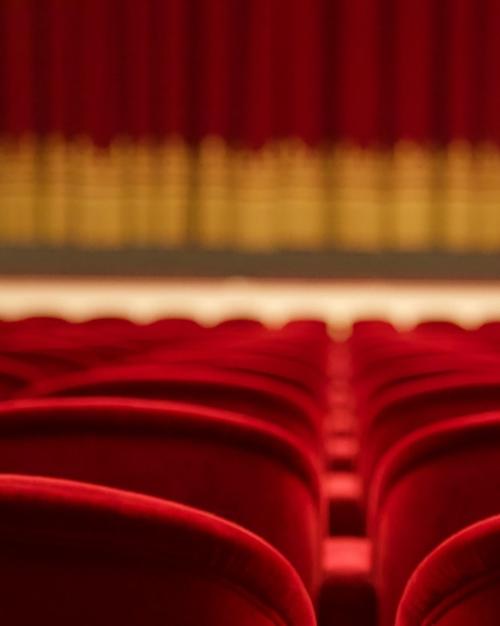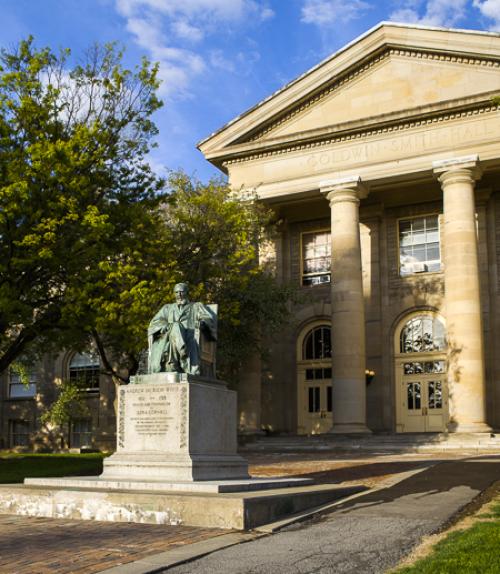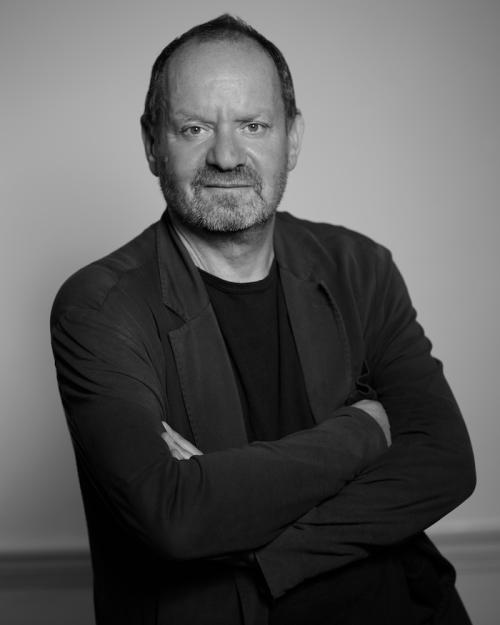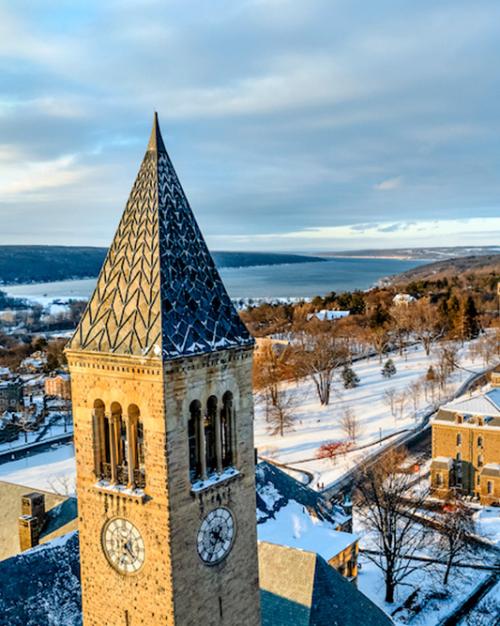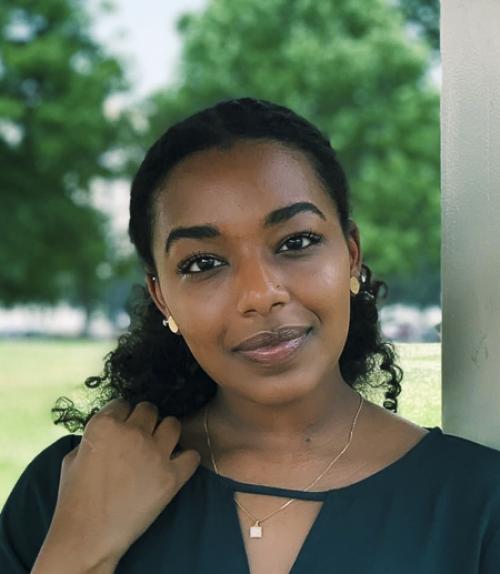Ryan Elbashir
Biological Sciences
Doha, Qatar
Why did you choose Cornell?
I came into college with an interest in biomedicine and biomedical research. At first, this was inspired by a desire to advance knowledge in the biological sciences with the challenge of applying this knowledge to global health issues. As the daughter of Sudanese immigrants who both pursued science, my vision of a higher education was inspired heavily by my family. I wanted to pursue an education that was societally meaningful and trained me to think critically about how scientific research spills into social, ethical and legal contexts. I wanted an education built on the foundations of diversity, intellectual curiosity and community empowerment. At the College of Arts & Sciences, I knew that pursuing a liberal arts education would allow me to explore these interests holistically. I was intellectually drawn to basic academic science and wet-lab research, but also aware of how science can seem detached from society at large and the communities it seeks to serve. Cornell’s exceptional research facilities and commitment to training undergraduate scientists allowed me to contribute meaningfully to research. At the same time, the diverse courses offered by Cornell allowed me to have informed conversations on topics like healthcare, privilege, power and identity. The lessons I took from both my humanities and STEM classes were always spilling into one another, and I saw for myself the value of both frameworks in understanding life and society at large.
What are the most valuable skills you gained from your Arts & Sciences education?
Communication. Arts & Sciences motivated me to never consider my work in a bubble and to value an interdisciplinary approach to all kinds of questions. In doing so, I also learned how to translate knowledge from different fields in accessible and creative ways. Science communication allows us to share the exciting advancements in our fields in a way that relays the impact and relevance of these advancements to all audiences. Spending my day in classrooms that were very different from one another in terms of learning style, resources used, and methodologies applied exposed me to the most effective ways of communicating messages to different audiences.
What is your main extracurricular activity and why is it important to you?
My main extracurricular activity is my job as an organic chemistry tutor for the Learning Strategies Center and Office of Academic Diversity Initiatives. I personally loved working with OADI and the LSC because they provided free-of-charge tutoring offices that served students from all backgrounds. My work taught me to communicate across learning differences, practice patience, and present lecture materials in malleable ways. As a tutor, teaching has unearthed itself as a passion of mine that I intend to continue throughout my career as a TA, lab instructor and potentially as a professor.
What Cornell memory do you treasure the most?
I would say that a group of memories that I treasure the most are conferences and events I attended with my McNair cohort. We’re such a diverse group of people but we’re brought together by our interests in higher education, representation, and community empowerment. In a summer we spent together, we took a trip to D.C to advocate on behalf of McNair and other TRiO programs. There, I learned about jobs in scientific diplomacy and advocacy and it opened up a career path and world that I had never considered before, but I found to be important, interesting, and gratifying.
How have your beliefs or perspectives changed since you first arrived at Cornell? What have you discovered about yourself?
I learned to let my goals be limitless. I discovered that I was able to grow most when I could lean into discomfort, instead of shying away from it. I found out that a lot of learning comes from your environment and drawing knowledge from your peers. For example, a lot of my friends are community leaders and it was through them that I saw what it looks like to mobilize, organize a cause, and advocate for others. My Cornell experience gave me a lot of perspective on where I draw happiness and meaning from. One of my biggest lessons was realizing I had to take more time to appreciate moments, experiences, and intangible experiences with others, rather than dwelling on the tasks and stressors of everyday life.
